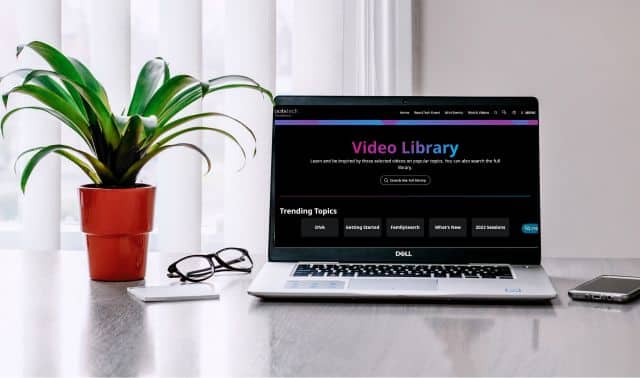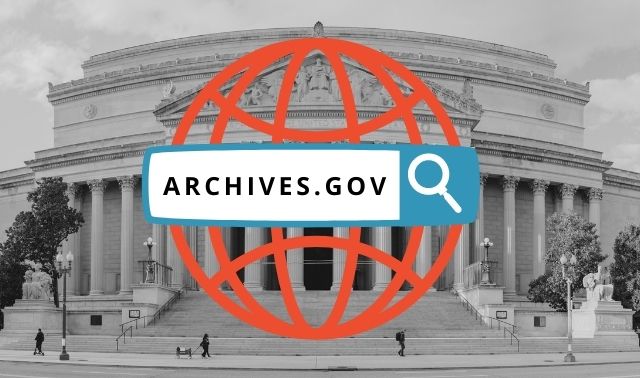To take best advantage of these libraries’ wonderful collections, you’ll want to visit in person. But if you can’t do that, avail yourself of these long- distance alternatives:
Interlibrary Loan
While many libraries classify their genealogy books as reference materials for on-site use only, you can still get a lot of useful items on interlibrary loan. First, check the library’s online catalog and print out the bibliographic reference for any title that looks promising. Then take these pages to your local public library and request the items on interlibrary loan.
Even if the library that you know has the item will not lend it out, another library might. The Mid-Continent Public Library makes 7,000 genealogy and local history books available on interlibrary loan. And the St. Louis County Library www.slcl.lib.mo.us/slcl/sc/sc-genpg.htm in Missouri now lends items from its circulating collection of more than 20,000 volumes recently transferred from the National Genealogical Society Library. You can get magazine articles, too: Instead of sending you the whole magazine or journal, libraries will usually send you a photocopy of only the article you need.
You may have to pay a small fee for an interlibrary loan, but that’s a lot cheaper than traveling across the country to view the book or hiring someone else to check it for you. Of course, you can also go to a Family History Center in your community to borrow microfilmed materials from the Family History Library (FHL) in Salt Lake City www.familysearch.org. While the FHL’s collections are enormous, they don’t have everything that might be useful in your research. Interlibrary loan through your public library gives you access to many more biographies, microfilmed newspapers and other valuable items.
Reference Services
A public librarian may be able to answer your question with a quick lookup or photocopy. A few tips for using far-off libraries’ reference services:
And know these reference-request basics:
Most public libraries will:
Some public libraries will:
Take advantage of libraries’ reference services, but remember, most public libraries will not do extensive research for you.




